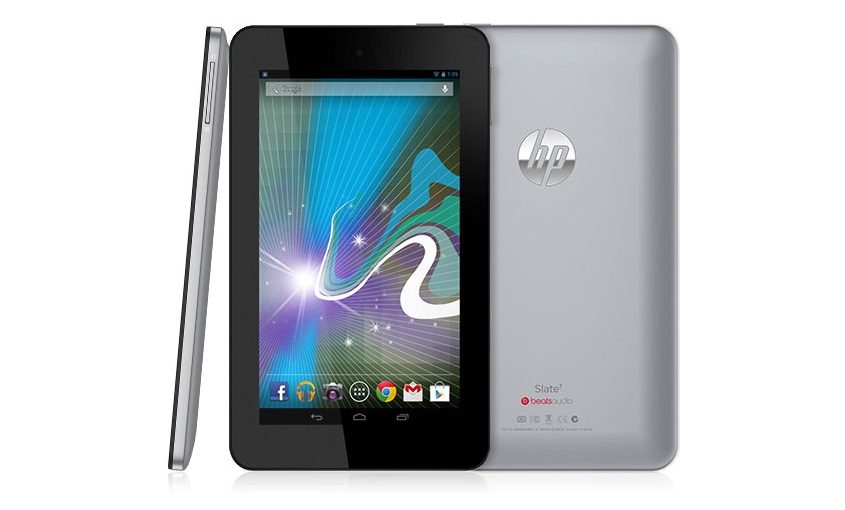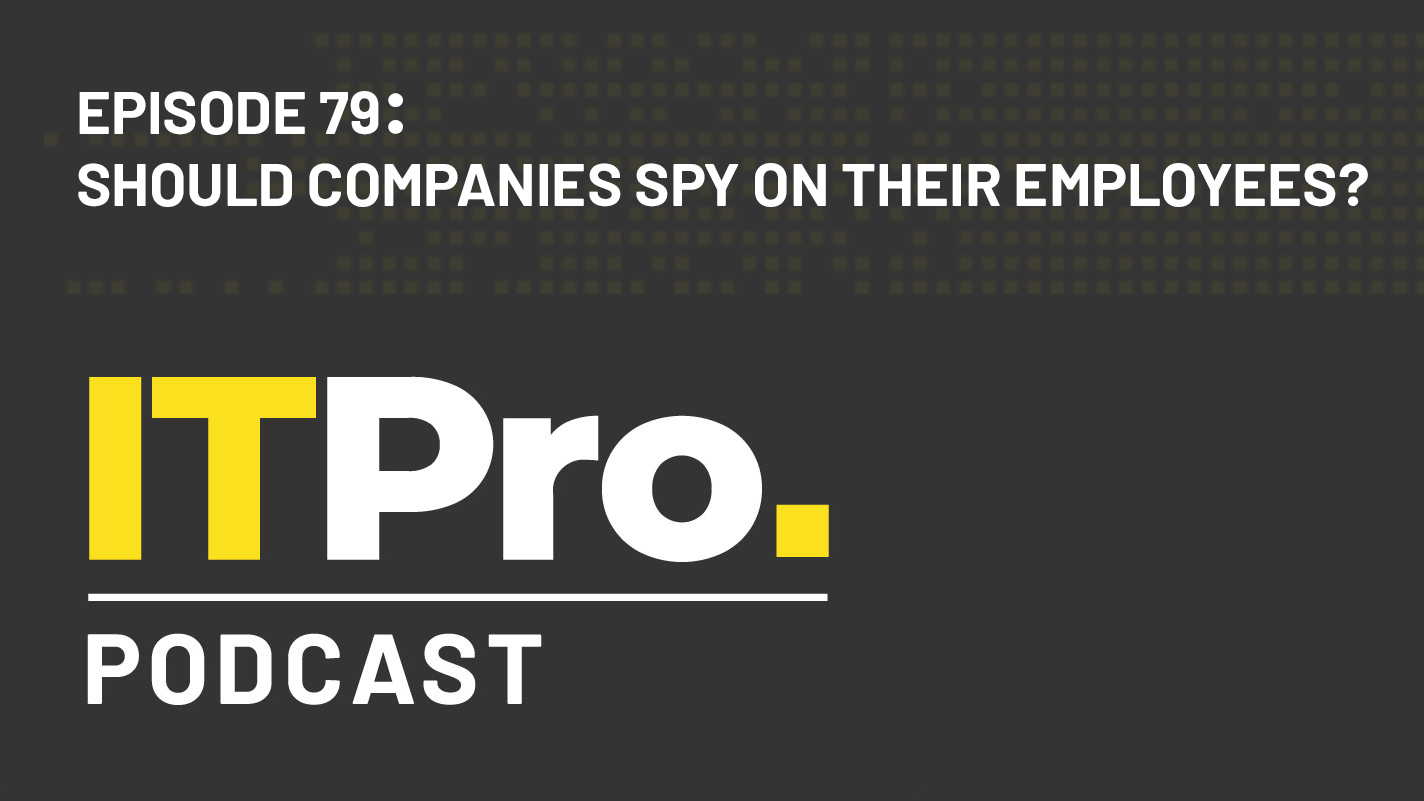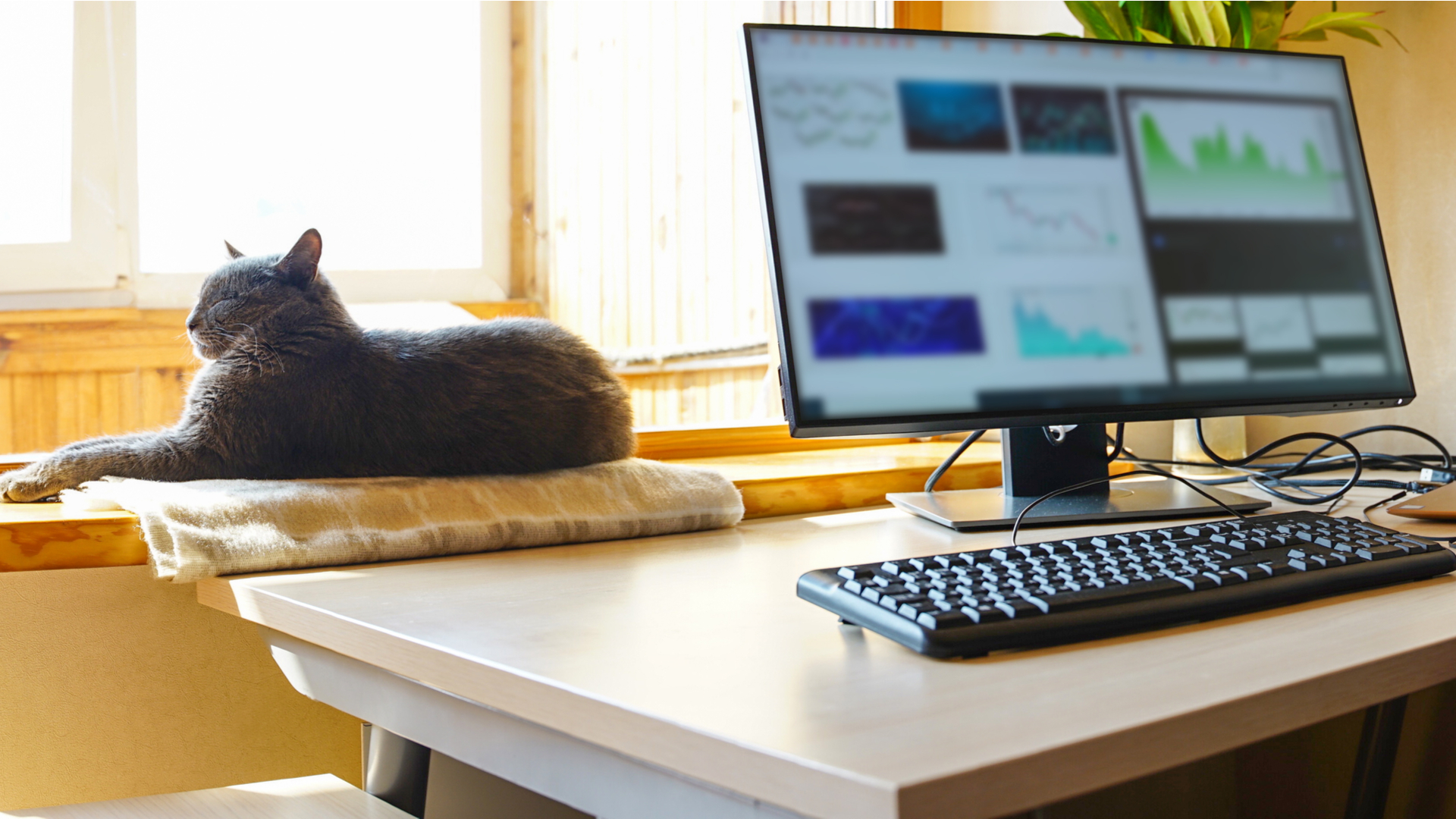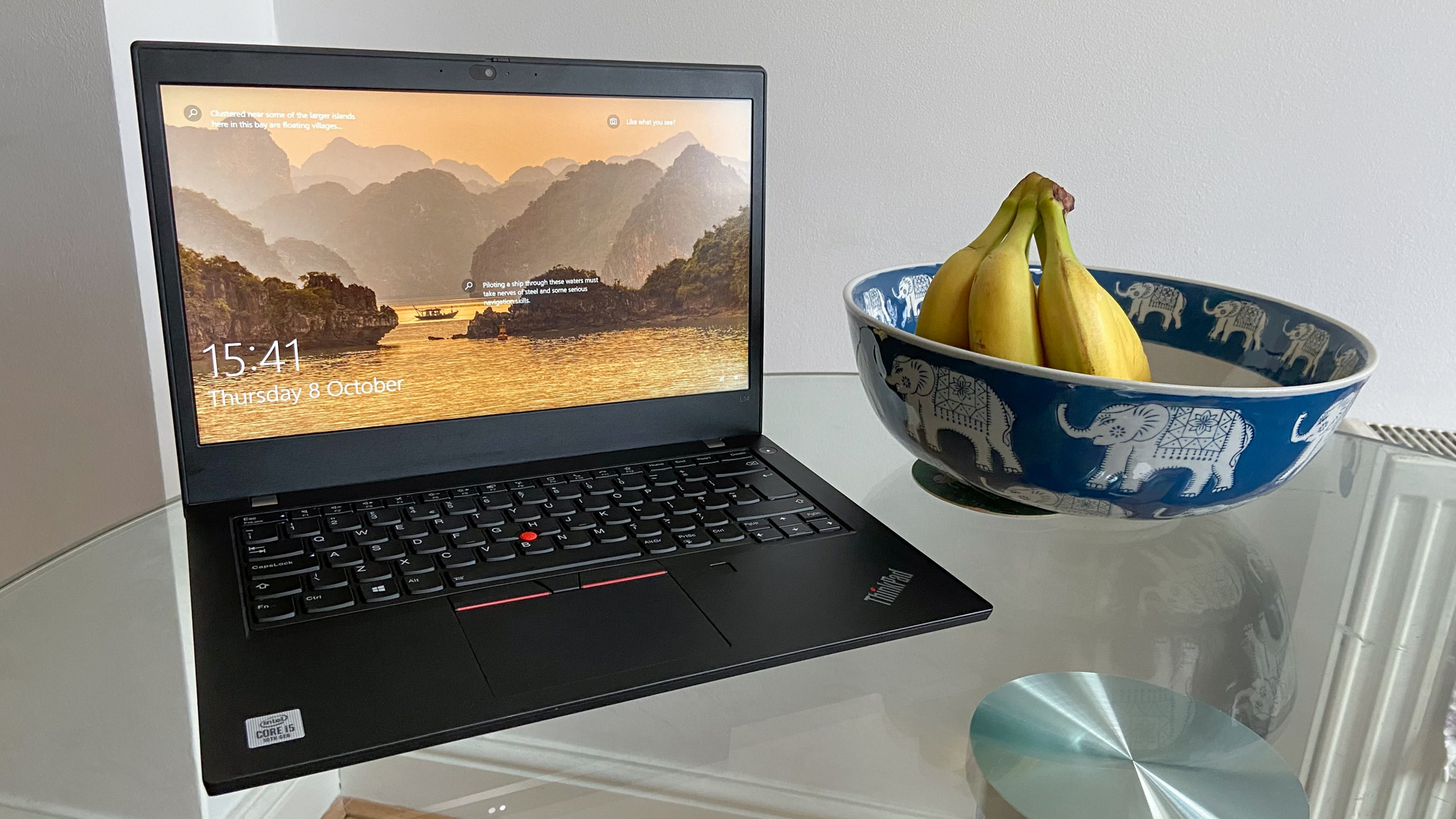HP backs Android for the enterprise
Head of PPS division confident the multi-OS and multi-architecture strategy will pay off.

HP is confident that its Android devices will help reverse its fortunes as consumers and businesses are seeing the benefits of using platforms other than Windows.
Speaking to IT Pro, Todd Bradley, EVP of the printing and personal systems division, named the tablet market as a key growth area for HP, despite the firm playing catchup with the likes of the iPad.
"Our strategy is around products which can consume and create content. The Android ecosystem is clearly strong and gaining momentum. It's broadly appealing for consumers and the [business] segments," he told us at Discover 2013 in Las Vegas.
"Tablet growth in Europe is one of the few consumer electronics segments which has grown, so we're anxious to get at itYou'll see us with more Android announcements as we go through the year."
Despite HP shunning the Windows RT operating system, Bradley said HP has a multi-OS and multi-architecture strategy in place, and Android is a key part of this.
"Big enterprises are segmenting employee bases the same way retailers and we [manufacturers] do.
"If you look at any large enterprise there is a group of employees that can clearly be productive with an Android set of products and how to make those acceptable is something that we're looking at."
Get the ITPro daily newsletter
Sign up today and you will receive a free copy of our Future Focus 2025 report - the leading guidance on AI, cybersecurity and other IT challenges as per 700+ senior executives
However, with Apple and Samsung having benefitted hugely from BYOD policies, Bradley played down the suggestion HP has been slow to react to the trend - despite only just releasing its own Slate 7 Android tablet.
"I'm not sure that BYOD is a trend as opposed to an event. Our focus is far more on working with enterprises to create what we call CYOD choose your own device - where you're helping a large enterprise create a catalogue of products that meet software, applications and most importantly security requirements.
"A lot of the early BYOD implementations have seen very high service and support costs," he added, suggesting that such policies may not be as succesful as they are being made out.
-
 How the UK MoJ achieved secure networks for prisons and offices with Palo Alto Networks
How the UK MoJ achieved secure networks for prisons and offices with Palo Alto NetworksCase study Adopting zero trust is a necessity when your own users are trying to launch cyber attacks
By Rory Bathgate
-
 Putting small language models under the microscope
Putting small language models under the microscopeITPro Podcast The benefits of small language models are undeniable – but they're no silver bullet
By Rory Bathgate
-
 Rebooting your BYOD strategy
Rebooting your BYOD strategyIn-depth With hybrid working becoming the norm, there's a need for a device management overhaul. What does BYOD 2.0 look like?
By Kate O'Flaherty
-
 IT Pro Panel: Why BYOD is (sort of) here to stay
IT Pro Panel: Why BYOD is (sort of) here to stayIT Pro Panel CIOs explain why they aren’t going all-in on personal devices
By Adam Shepherd
-
 The IT Pro Podcast: Should companies spy on their employees?
The IT Pro Podcast: Should companies spy on their employees?IT Pro Podcast Where’s the line between security and surveillance?
By IT Pro
-
 What are employers' responsibilities when we use personal tech to work from home?
What are employers' responsibilities when we use personal tech to work from home?In-depth With many more months of lockdown ahead of us, and workers reluctant to return to the office full time, it's time to think about roles and responsibilities
By Sandra Vogel
-
 What is the 'personalisation of IT'?
What is the 'personalisation of IT'?In-depth With millions of people using personal devices for professional purposes while working from home, consumerisation has entered a new phase
By David Howell
-
 WhatsApp delays controversial privacy update for businesses
WhatsApp delays controversial privacy update for businessesNews Users were asked to share data with WhatsApp’s parent company Facebook in order to continue using the service
By Sabina Weston
-
 Lenovo ThinkPad L14 review: It’s not right but it’s okay
Lenovo ThinkPad L14 review: It’s not right but it’s okayReviews Pleasant enough for simple office tasks
By Sabina Weston
-
 The consumerisation of IT continues apace – here’s how your business can benefit
The consumerisation of IT continues apace – here’s how your business can benefitIn-depth BYOD may be a fact of business, but there are still more ways organisations can grow by embracing consumer tech
By Sandra Vogel